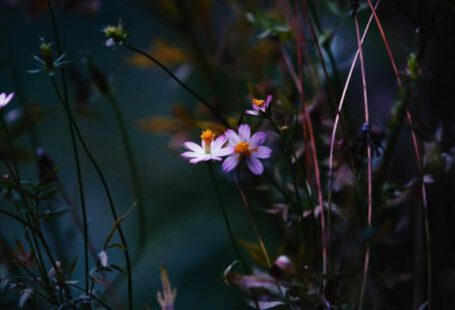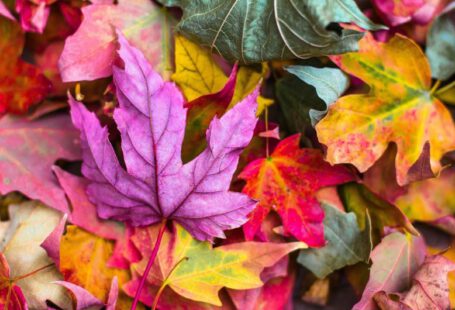Gardening enthusiasts understand the importance of enriching garden soil to promote healthy plant growth and bountiful harvests. One of the most effective ways to enhance soil quality is by adding organic matter. Organic matter provides essential nutrients, improves soil structure, and enhances water retention, creating a thriving environment for plants to flourish. In this article, we will explore various types of organic matter that you can incorporate into your garden soil to boost its fertility and vitality.
### Compost
Compost is often referred to as “black gold” in the gardening world due to its numerous benefits. Made from decomposed organic materials such as kitchen scraps, yard waste, and manure, compost is rich in essential nutrients that plants need to thrive. Additionally, compost helps improve soil structure, enhances drainage, and promotes beneficial microbial activity. By adding compost to your garden soil, you can increase its fertility and create a nutrient-rich environment for your plants to grow vigorously.
### Manure
Manure is another valuable organic matter that can significantly enrich garden soil. Whether it’s from cows, horses, chickens, or other animals, manure is a potent source of nutrients, including nitrogen, phosphorus, and potassium. When properly aged and composted, manure becomes a valuable soil amendment that enhances soil fertility and promotes healthy plant growth. However, it’s essential to use well-rotted manure to prevent burning plant roots due to high levels of ammonia. Incorporating manure into your garden soil can provide a natural and sustainable way to boost soil health and productivity.
### Mulch
Mulch serves as a protective layer that not only helps retain moisture and suppress weeds but also enriches garden soil as it breaks down over time. Organic mulches such as grass clippings, leaves, straw, and wood chips gradually decompose, releasing nutrients into the soil and improving its texture. As these materials break down, they also attract earthworms and beneficial microorganisms that further enhance soil fertility. By mulching your garden beds regularly, you can conserve moisture, prevent erosion, and add organic matter to nourish your plants.
### Cover Crops
Cover crops are grown not for harvest but to benefit the soil in various ways, including adding organic matter. Plants like clover, vetch, and rye are commonly used as cover crops to improve soil structure, suppress weeds, and fix nitrogen. When cover crops are incorporated into the soil, either by tilling or cutting them down and letting them decompose on the surface, they add valuable organic matter and nutrients that benefit subsequent crops. Cover cropping is a sustainable practice that helps maintain soil health and fertility over the long term.
### Worm Castings
Worm castings, also known as vermicompost, are a nutrient-rich organic fertilizer produced by earthworms. These castings are packed with beneficial microorganisms, enzymes, and plant nutrients that are readily available to plants. When added to garden soil, worm castings improve soil structure, enhance water retention, and promote healthy root growth. Their slow-release nature ensures a consistent supply of nutrients to plants, making them an excellent choice for enriching garden soil naturally.
### Conclusion: Nourishing Your Garden Soil
Enriching garden soil with organic matter is a sustainable and effective way to promote healthy plant growth and increase yields. By incorporating compost, manure, mulch, cover crops, and worm castings into your garden soil, you can improve soil fertility, enhance its structure, and create a vibrant ecosystem for your plants to thrive. Experiment with different types of organic matter to find the best combination that suits your garden’s needs and watch as your plants flourish in nutrient-rich soil. Remember, a well-nourished soil is the foundation for a successful and abundant garden.





